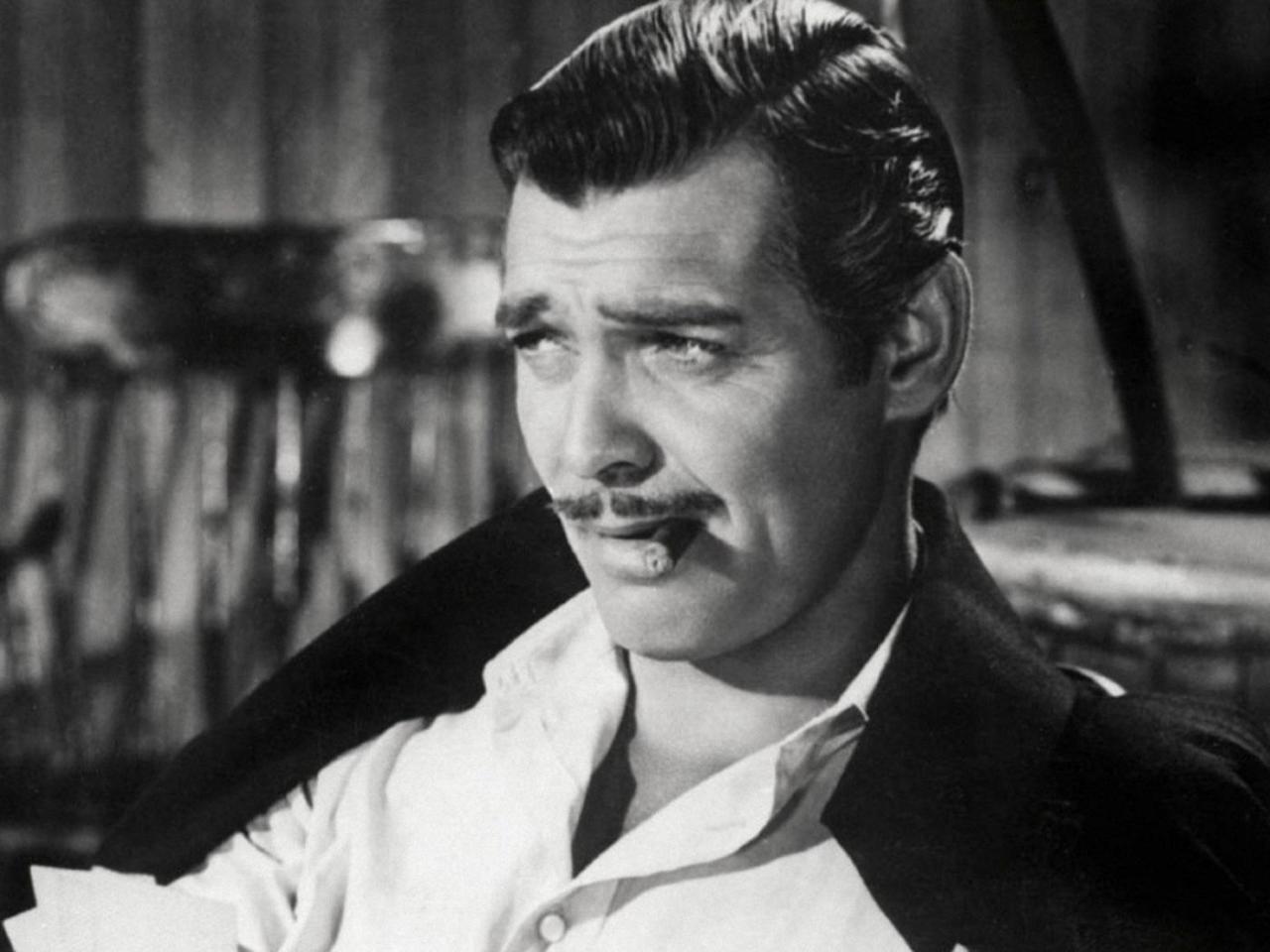The New York Times' 2009 article "In Downturn, Americans Flock to the Movies" describes that year's box-office surge of 17.5 percent in ticket sales as one "that has little precedent in the modern era." Without extensive data, we can't ascertain for certain the complete circumstances of the movie industry in the time of the Great Depression. But considering the fact that the first- and tenth- best-grossing (inflation-adjusted) films of all time, "Gone with the Wind" and "Snow White and the Seven Dwarves," were sold in 1939 and 1937, respectively, it's not hard to believe that the effects which underlay the movie industry's success in 2009 kept it afloat during the Depression.
The effect may seem counterintuitive; after all, in a time when basic necessities were hard to come by, wouldn't movies be the last thing on working peoples' minds? That ignores a couple things: trips to the theater are and were cheap (27 cents a ticket, on average, in the 1930s,) and in times of economic standstill and general panic, sometimes a bit of lighthearted entertainment is exactly what we need.
It's easy to understand why "Gone with the Wind" became the best-grossing film of all time in 1939 (when adjusted for inflation.) Partly because it represented a bout of good-natured escapism that was dearly needed at the time, and partly because Clark Gable.
Interestingly enough, these movies quite frequently preached the gospel of wealth; a combination of wealthy producers and globe-trotting protagonists meant that moviegoers who entered the theater for a bout of escapism were offered propaganda that shone a positive light on the prosperous classes.
Also fascinating was the development of regulatory instincts in film ratings. A Production Code developed in 1930 dictated new rules to the Motion Picture Association of America about what was appropriate to display in theaters. While the Code was originally unsuccessful, the Catholic Legion of Decency, formed in 1933, lobbied for a stricter code and enforcement, finding success 1934, when well-known Roman Catholic Joe Breen was appointed to the head of the Production Code Administration. Filmmakers, however, found new and subtle ways to subvert the requirements.
http://xroads.virginia.edu/~ug03/comedy/historicalcontext.html
http://www.boxofficemojo.com/alltime/adjusted.htm

Great post Avi, this is a topic that I haven't read about yet, but it was interesting to see the effects of entertainment during the Great Depression. It's also interesting to see that the price of these tickets were cheap enough for people to purchase, and entertaining enough to invest money in.
ReplyDeleteIt is really interesting how during the Great Depression, people still went to the movies for distraction. You mentioned that it was used as propaganda. Movies were also used in WWI as propaganda. What was the purpose of propaganda during this age?
ReplyDelete